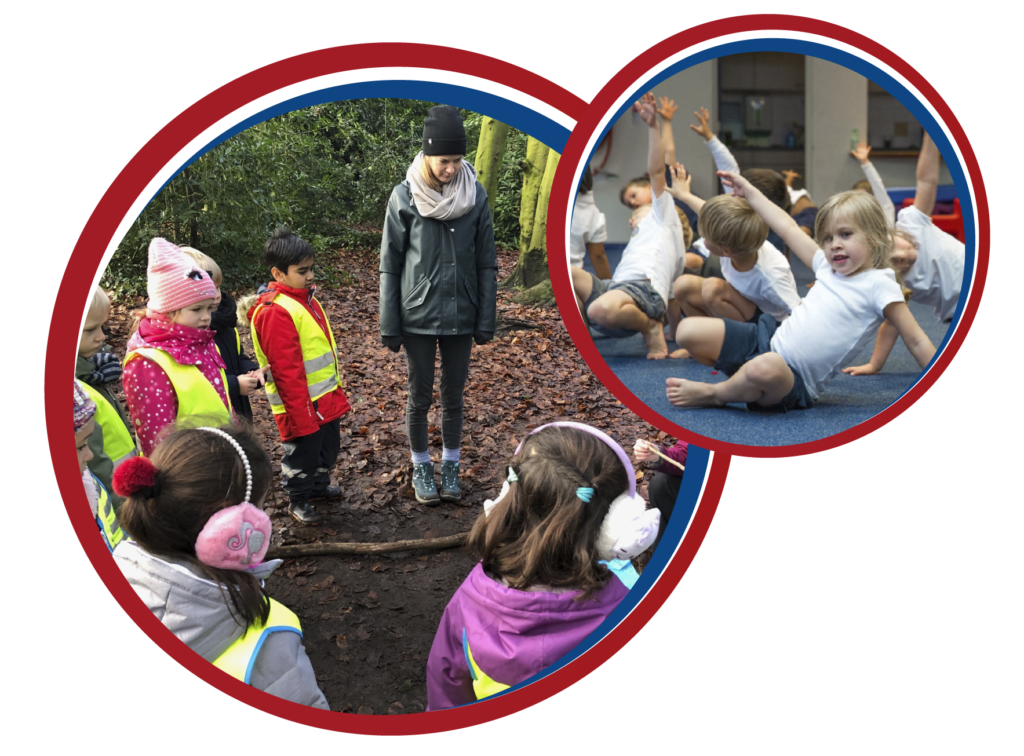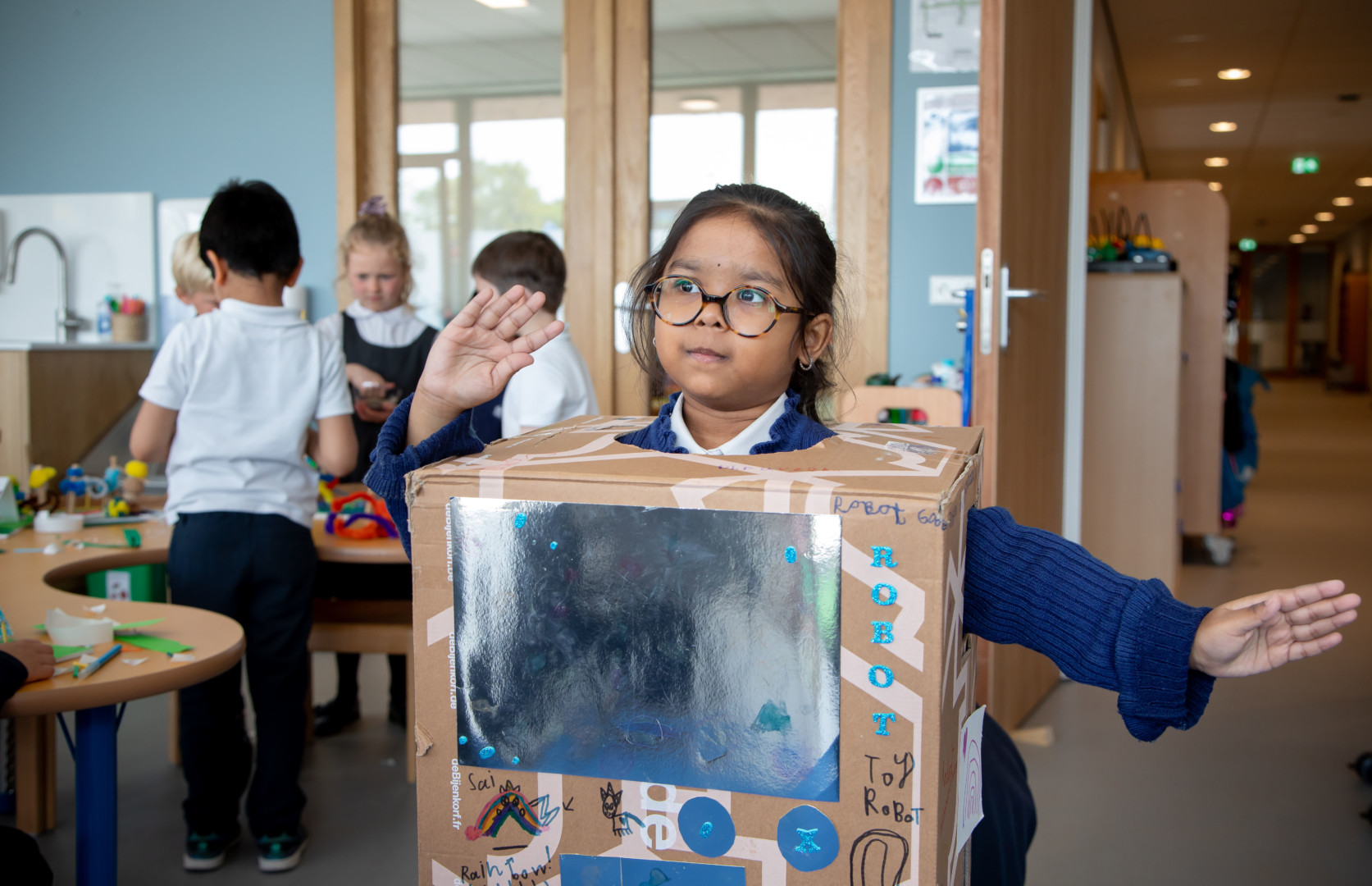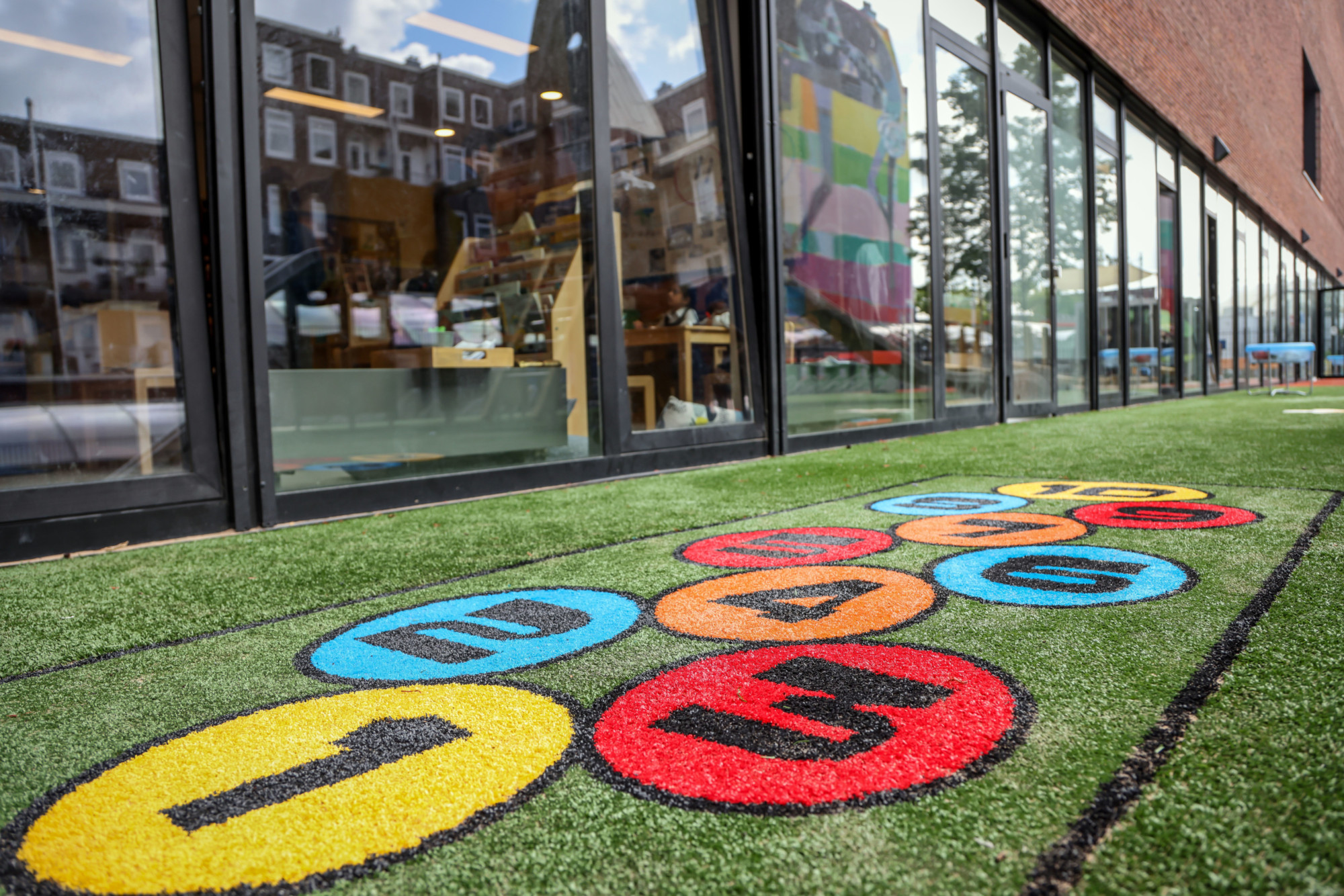The Early Years Foundation Stage (EYFS) sets the standards that all Early Years providers must meet to ensure that children learn and develop well and are kept healthy and safe. It promotes teaching and learning to ensure children’s ‘school readiness’ and gives children the broad range of knowledge and skills that provide the right foundation for good future progress through school and life.
As part of the curriculum the following areas are covered; Literacy, Mathematics, Understanding the World and Expressive Arts and Design. There are prime areas of learning: communication and language, physical development and personal, social and emotional development. Dynamic and child-led teaching activities engage children across the Early Years, and the children also experience Forest School and a variety of enrichment activities including music, FitNut, sports and games, and ballet (optional).
Staff use observational assessment to understand children’s learning and record observations and assessments on 2Build a Profile. Observations can be collated, viewed, saved and printed at any time. In February and July each child’s profile is downloaded as a PDF and e-mailed to parents. An end of year report is also sent to parents reporting on the child’s progress against the three prime areas and four specific areas of learning.
Languages
English as an Additional Language (EAL)
Many children join with little or no knowledge of the English language. Nursery children are usually supported first in their classroom and as the year progresses, are withdrawn by the specialist teacher to work in a small group setting in the English classroom. Reception and Year One children are withdrawn to the English classroom from the start of the year and attend 2-3 English classes per week depending on their ability.
We aim to build confidence in the children, creating a secure environment in which they can practise and apply their new knowledge. Children learning English do not attend Dutch classes.
Dutch as an Additional Language
First language English speakers learn Dutch as an additional language in a small group setting. Nursery children are again supported first in their classroom and then as in the Dutch classroom as the year progresses. Reception and Year One children attend a minimum of two Dutch lessons a week.
Native Dutch
Native Dutch speakers attend Dutch as a native tongue lessons. Children must have Dutch parents/speak Dutch in the home to qualify for these lessons. The Dutch teacher follows a similar programme to that taught in a Dutch school.
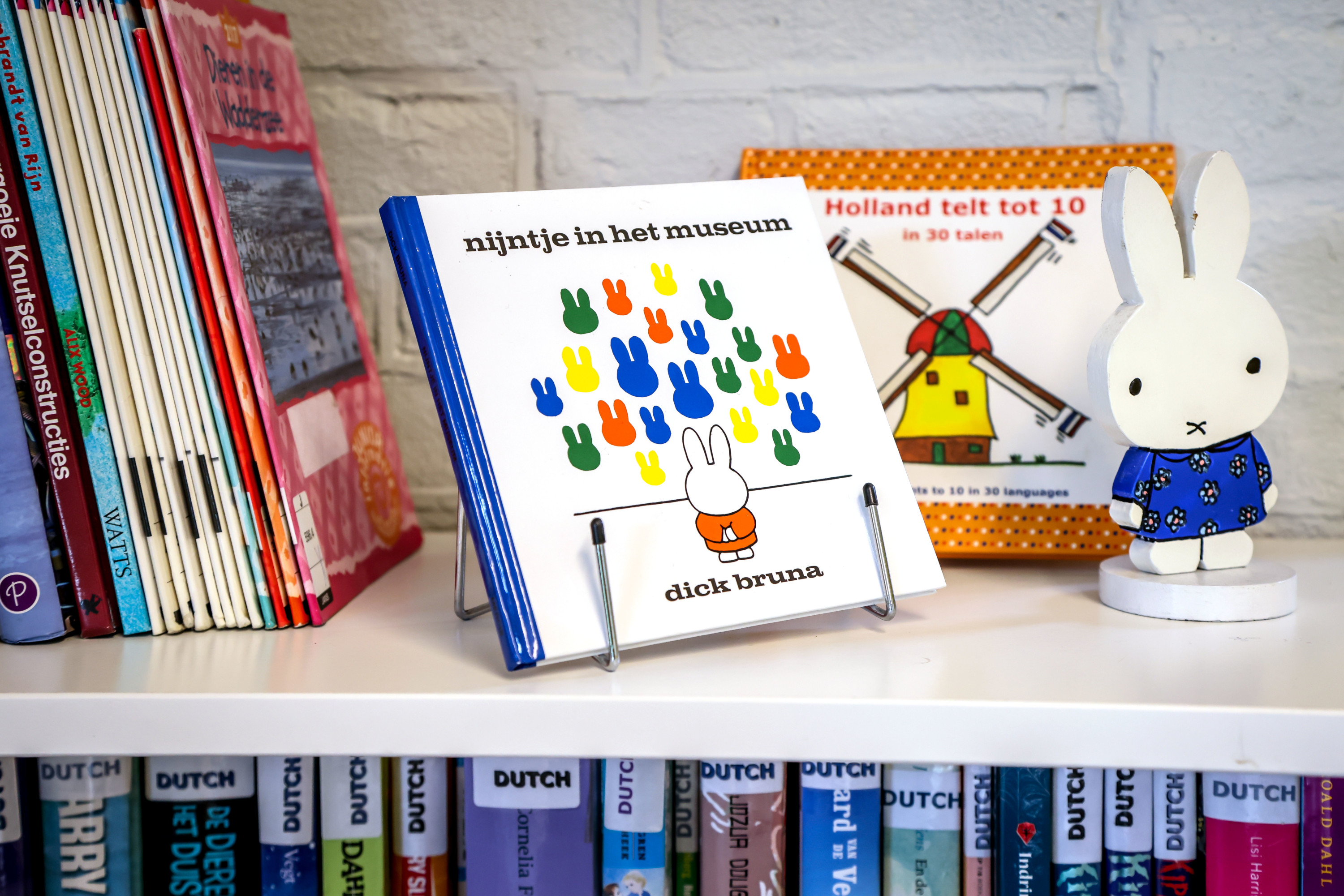
Learning Support
The School provides the support needed for children who have a range of specific educational needs. We have a learning support teacher and a learning support coordinator. They are involved in identifying children who require learning support, providing relevant assessment, supporting class teachers, liaising with parents and outside agencies and working directly with the pupils. Children may be provided with in-class support or via withdrawal groups where focused support is provided away from the classroom.
We have links with a wide variety of external agencies which can also help to provide appropriate support for any of our pupils with additional needs. We have English speaking speech and language pathologists, occupational therapists and a sensory integration therapist working on the school site. We also have links with educational psychologists.
Should you feel that your child would benefit from extra support, we suggest that you make an appointment to speak to the Head of School prior to their enrolment.
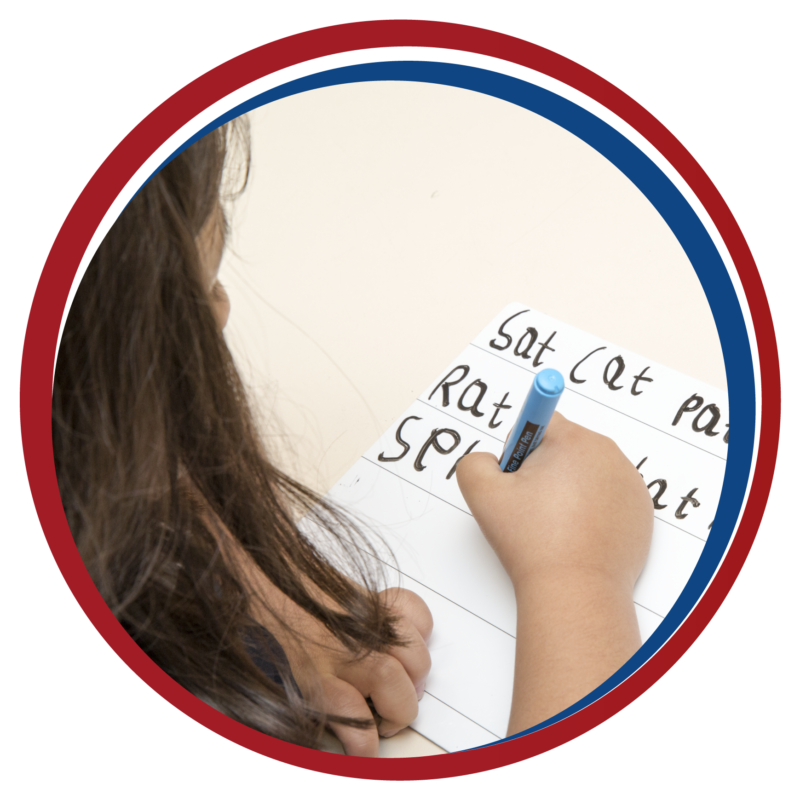
Enrichment
Forest School
is the name for an approach to educating children in the outdoors environment on a regular basis. Forest School originates from Denmark where Forest Schools have been an integral part of Early Years Education since the 1980s. Forest School activities teach the children about caring for and understanding the natural environment. All children in the EYS participate in the Forest School programme at various times throughout the school year.
FitNut (Fitness & Nutrition)
is a programme that provides a stimulating learning experience to teach children about the importance of health, nutrition and fitness. FitNut believes the key to bringing good nutrition into the home is through the children. Children enjoy fun fitness sessions using real mini gym machines and exercise equipment followed by smoothie or juice making. Updates, including nutritional information & recipes are provided regularly. All children in the EYS participate in a six week FitNut course during the school year.
